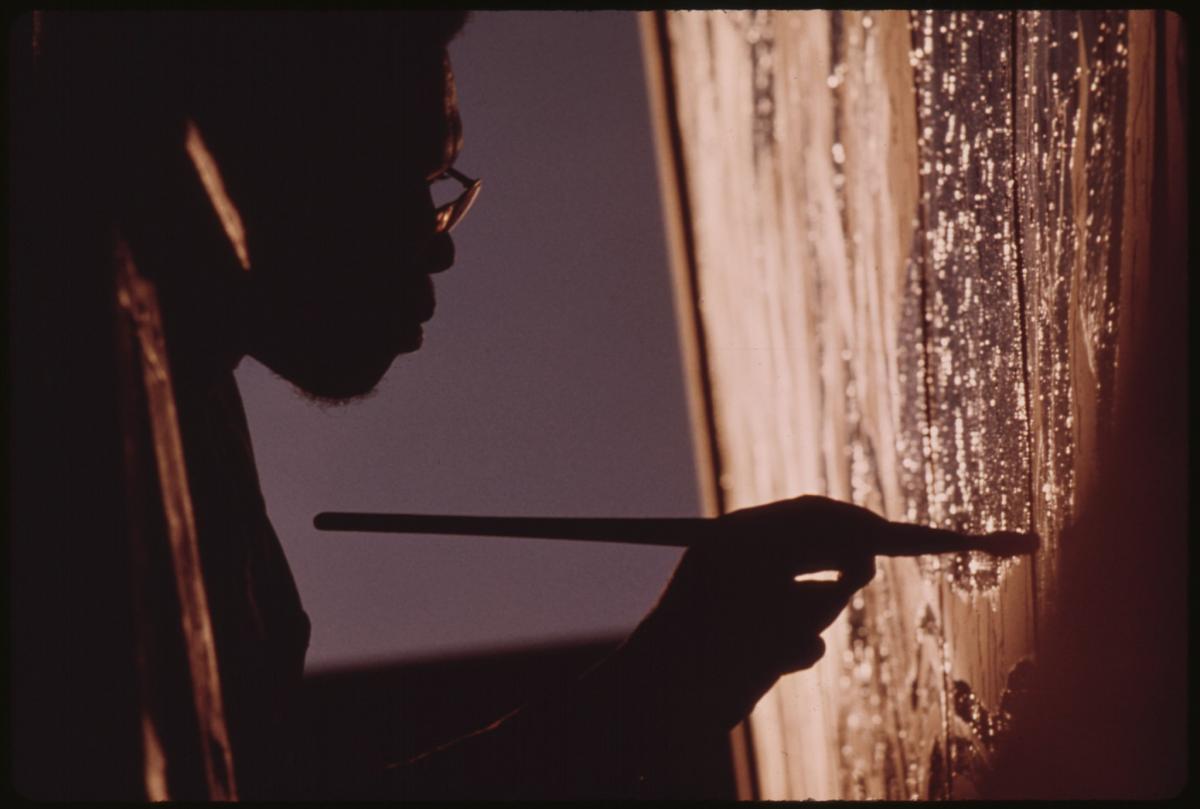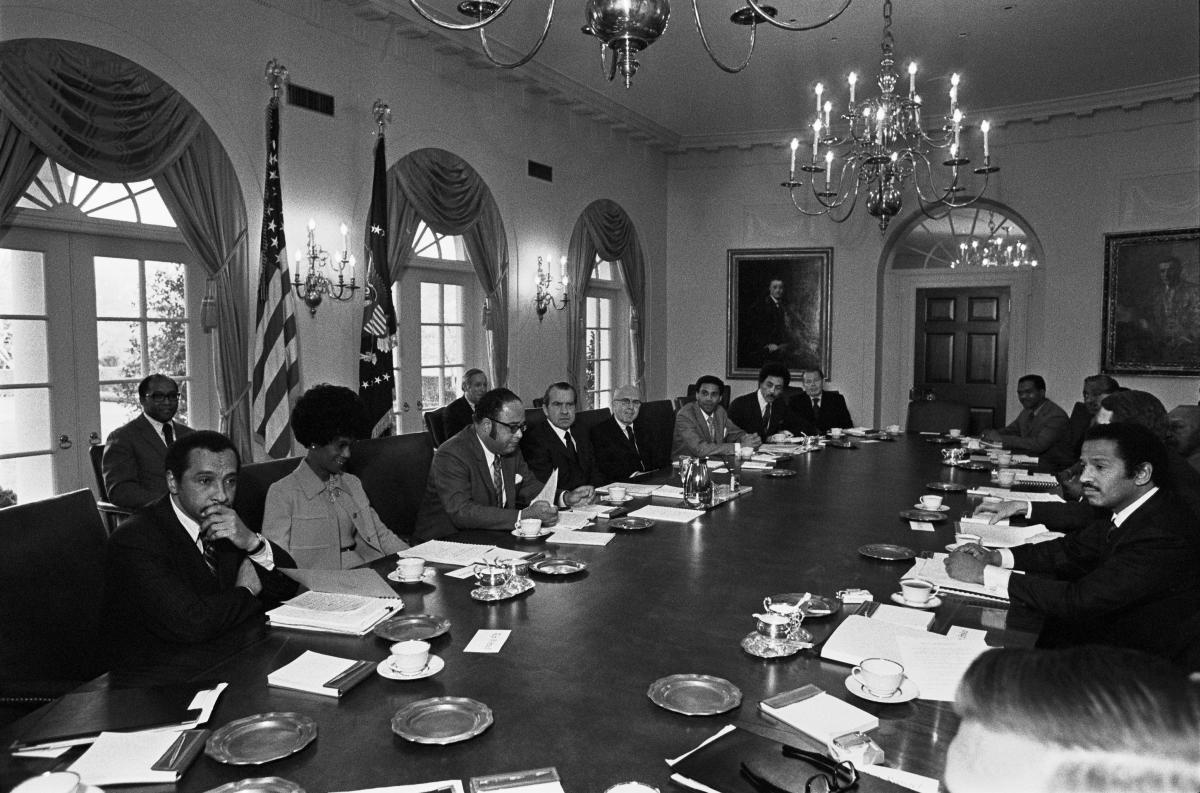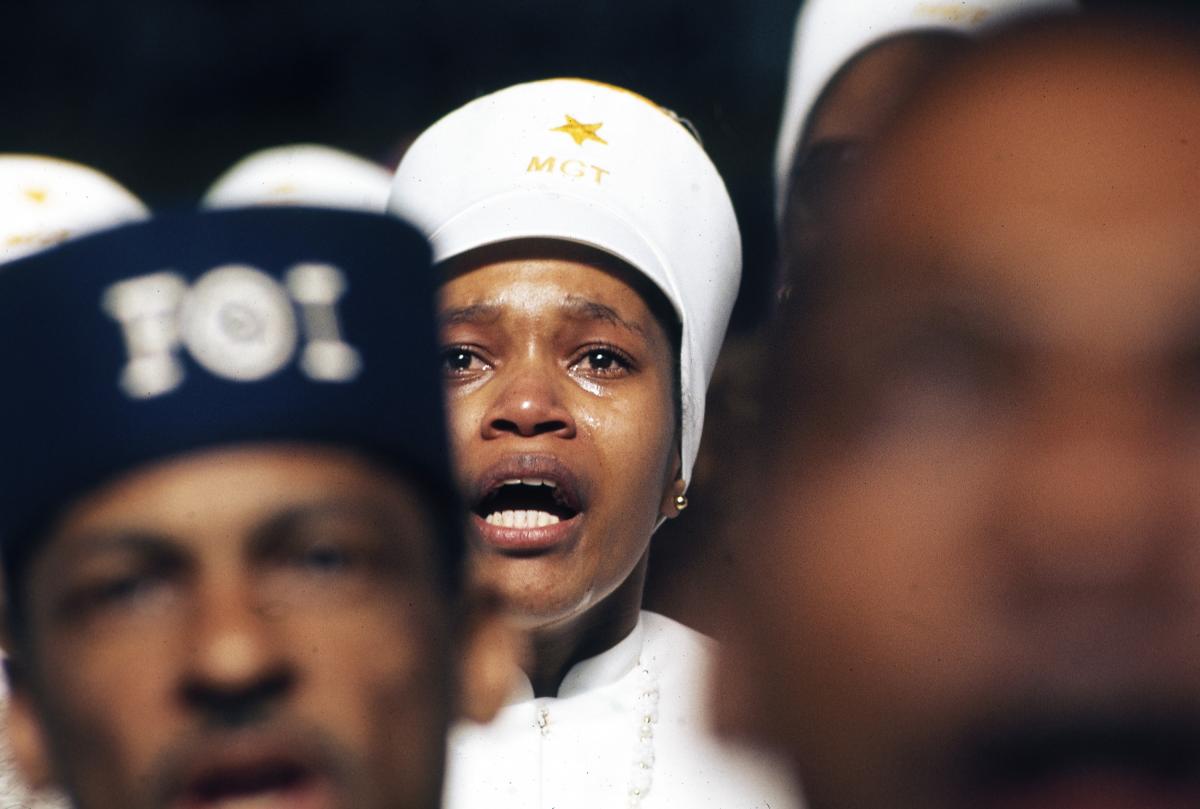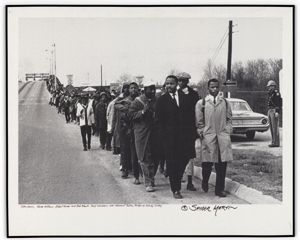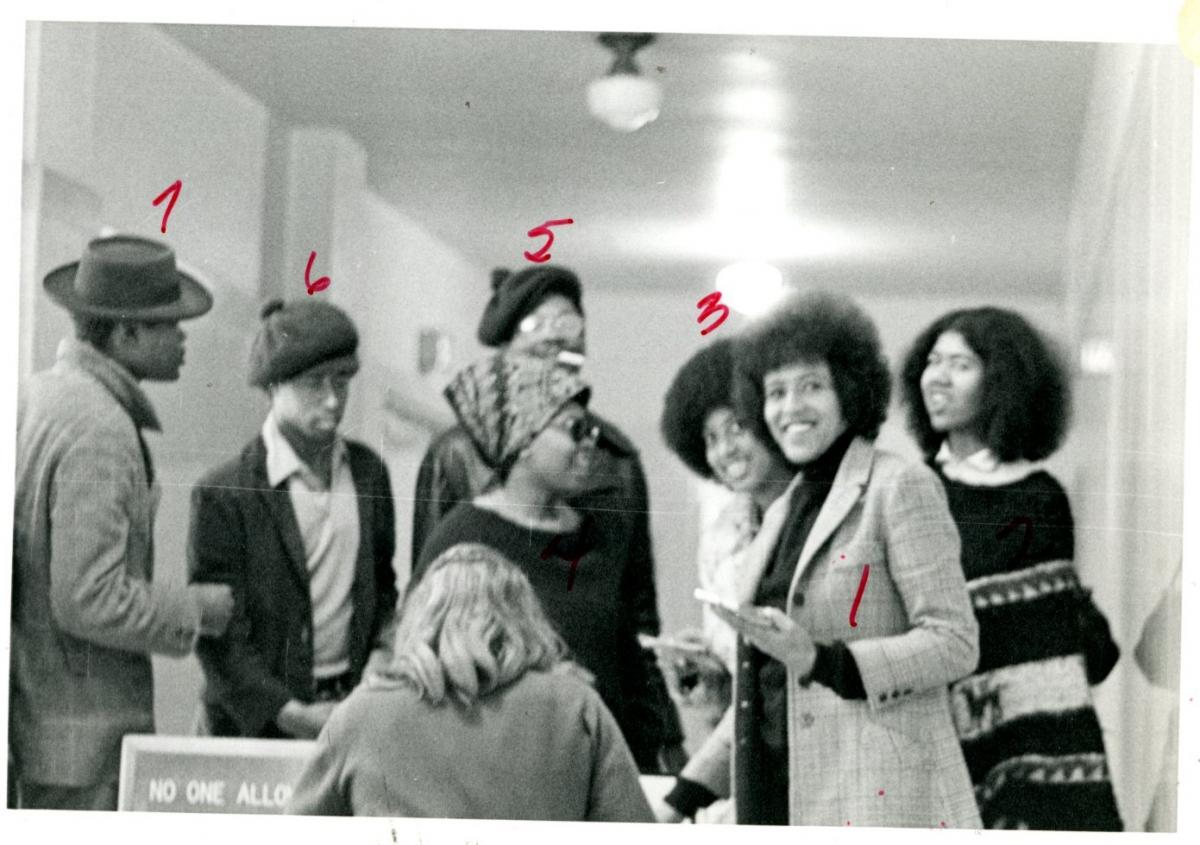
Black Power
Black Power began as revolutionary movement in the 1960s and 1970s. It emphasized racial pride, economic empowerment, and the creation of political and cultural institutions. During this era, there was a rise in the demand for Black history courses, a greater embrace of African culture, and a spread of raw artistic expression displaying the realities of African Americans.
The term "Black Power" has various origins. Its roots can be traced to author Richard Wright’s non-fiction work Black Power, published in 1954. In 1965, the Lowndes County [Alabama] Freedom Organization (LCFO) used the slogan “Black Power for Black People” for its political candidates. The next year saw Black Power enter the mainstream. During the Meredith March against Fear in Mississippi, Student Nonviolent Coordinating Committee (SNCC) Chairman Stokely Carmichael rallied marchers by chanting “we want Black Power.”
This portal highlights records of Federal agencies and collections that related to the Black Power Movement of the 1960s and 1970s. The selected records contain information on various organizations, including the Nation of Islam (NOI), Deacons for Defense and Justice, and the Black Panther Party for Self-Defense (BPP). It also includes records on several individuals, including Malcolm X, Stokely Carmichael, Elaine Brown, Angela Davis, Fred Hampton, Amiri Baraka, and Shirley Chisholm. This portal is not meant to be exhaustive, but to provide guidance to researchers interested in the Black Power Movement and its relation to the Federal government.
The records in this guide were created by Federal agencies, therefore, the topics included had some sort of interaction with the United States Government. This subject guide includes textual and electronic records, photographs, moving images, audio recordings, and artifacts. Records can be found at the National Archives at College Park, as well as various presidential libraries and regional archives throughout the country.
A Note on Restrictions and the Freedom of Information Act (FOIA)
Due to the type of possible content found in series related to Black Power, there may be restrictions associated with access and the use of these records. Several series in RG 60 - Department of Justice (DOJ) and RG 65 - Records of the Federal Bureau of Investigation (FBI) may need to be screened for FOIA (b)(1) National Security, FOIA (b)(6) Personal Information, and/or FOIA (b)(7) Law Enforcement prior to public release. Researchers interested in records that contain FOIA restrictions, should consult our Freedom of Information Act (FOIA) page.
Topics
Resources
Rediscovering Black History: Blogs on Black Power
National Museum of African American History and Culture: The Foundations of Black Power
Library of Congress, American Folklife Center: Black Power Collections and Repositories
Digital Public Library of America: The Black Power Movement
Columbia University: Malcolm X Project Records, 1968-2008
